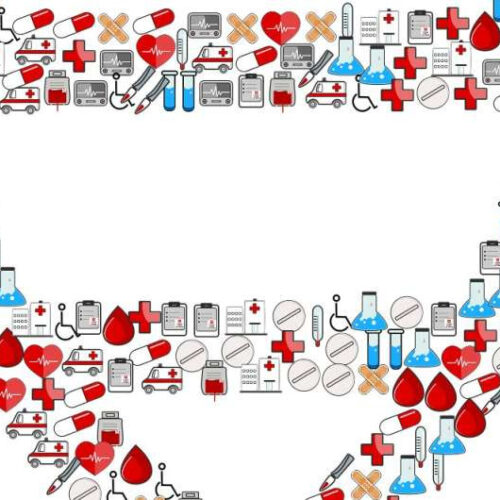Batya Swift Yasgur, MA, LSW The long-term impact of traumatic brain injury (TBI) on neurologic and psychiatric function is well-established, but a growing body of research is pointing to unexpected medical sequalae, including cardiovascular disease (CVD). A recent review looked at the investigation to date into this surprising connection, not only summarizing study findings but...
Tag: <span>CVD</span>
Delayed Meals Tied to Increased CVD Risk
TOPLINE:Beyond the nutritional quality of a diet, the timing of meals is important, with later first and last meals of the day associated with increased risks for cardiovascular diseases (CVDs), especially in women, results of a large prospective study suggested. METHODOLOGY:The study included 103,389 participants, mean baseline age 42.6 years and 79% women, who were...
GLP-1 RAs for CVD: Are Cardiologists Ready?
The positive results from the SELECT trial for the glucagon-like peptide-1 receptor agonists (GLP-1 RAs) were hailed as ushering in a “new era for patients with obesity.” In the trial of overweight and obese patients with cardiovascular disease (CVD), but no diabetes, semaglutide showed meaningful reductions in cardiovascular death, myocardial infarction, and stroke compared with...
Long-Term Use of ADHD Meds and CVD Risk: New Data
Megan Brooks Longer cumulative use of medication to treat attention-deficit/hyperactivity disorder (ADHD) is associated with a small, but statistically significant, increased risk for cardiovascular disease (CVD), results of a large Swedish nested case-control study suggest. The increased risk was evident only for hypertension and arterial disease, was dose-dependent, and was higher for stimulant than nonstimulant...
Culture, diet, economic factors and more affect CVD risk among Asian Americans
by American Heart AssociationCredit: Unsplash/CC0 Public Domain Asian Americans have significant differences in genetics, socioeconomic factors, culture, diet, lifestyle, health interventions and acculturation levels based on the Asian region of their ancestry that likely have unique effects on their risk for heart disease and Type 2 diabetes, according to a new American Heart Association scientific statement...
Epigenetic biomarkers predict CVD risk
by Will Doss, Northwestern University Credit: Pixabay/CC0 Public Domain Epigenetic biomarkers may reflect past cardiovascular health exposures and predict cardiovascular disease in the future, according to a Northwestern Medicine study published in the journal Circulation. These biomarkers measured around midlife reveal valuable health information from a patient’s past, according to Yinan Zheng, Ph.D., assistant professor of Preventive...
USPSTF updates guidance on statins for primary prevention of CVD
The U.S. Preventive Services Task Force (USPSTF) recommends statins for the primary prevention of cardiovascular disease (CVD) for adults aged 40 to 75 years who have cardiovascular risk factors, with the strength of recommendation varying with cardiovascular event risk. These recommendations form the basis of a draft recommendation statement published Feb. 22 by the USPSTF....
Study finds that special filters in glasses can help the color blind see colors better
Effect persists even when glasses are not worn UNIVERSITY OF CALIFORNIA – DAVIS HEALTH JOHN S. WERNER OF UC DAVIS HEALTH HAS LED A STUDY OF GLASSES WITH SPECIAL FILTERS DESIGNED TO ADDRESS COLORBLINDNESS. view more CREDIT: UC REGENTS / UC DAVIS HEALTH A new UC Davis Eye Center study, conducted in collaboration with France’s...
Novel oral glucose lowering drugs cut risks in T2DM
(HealthDay)—For patients with type 2 diabetes, novel oral glucose lowering drugs (GLDs) are associated with reduced risks of all-cause mortality, cardiovascular disease (CVD), and hypoglycemia, compared with insulin use, according to a study published online Jan. 24 in Diabetes, Obesity and Metabolism. Thomas Nyström, M.D., from Karolinska Institutet in Stockholm, and colleagues compared use of novel...



